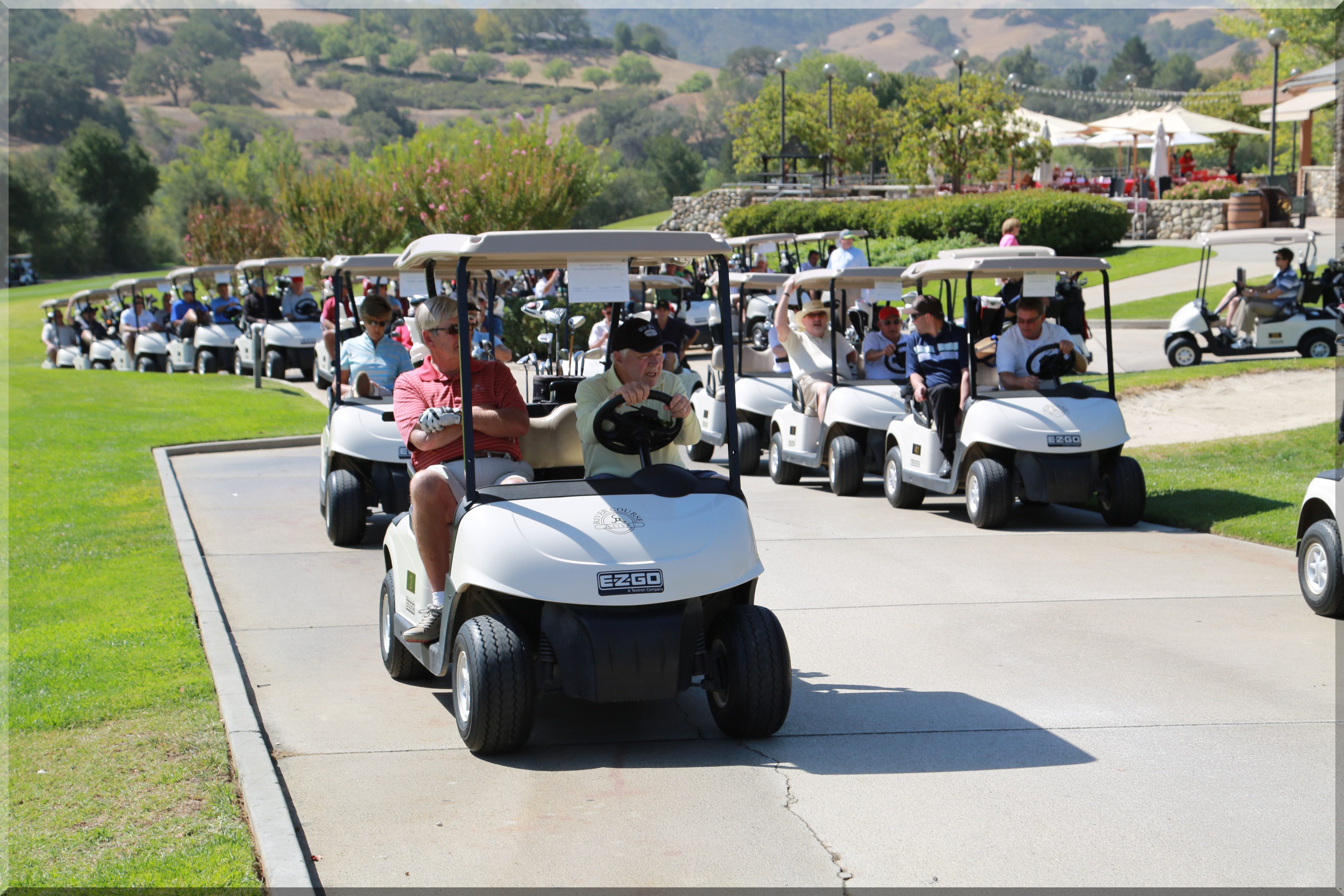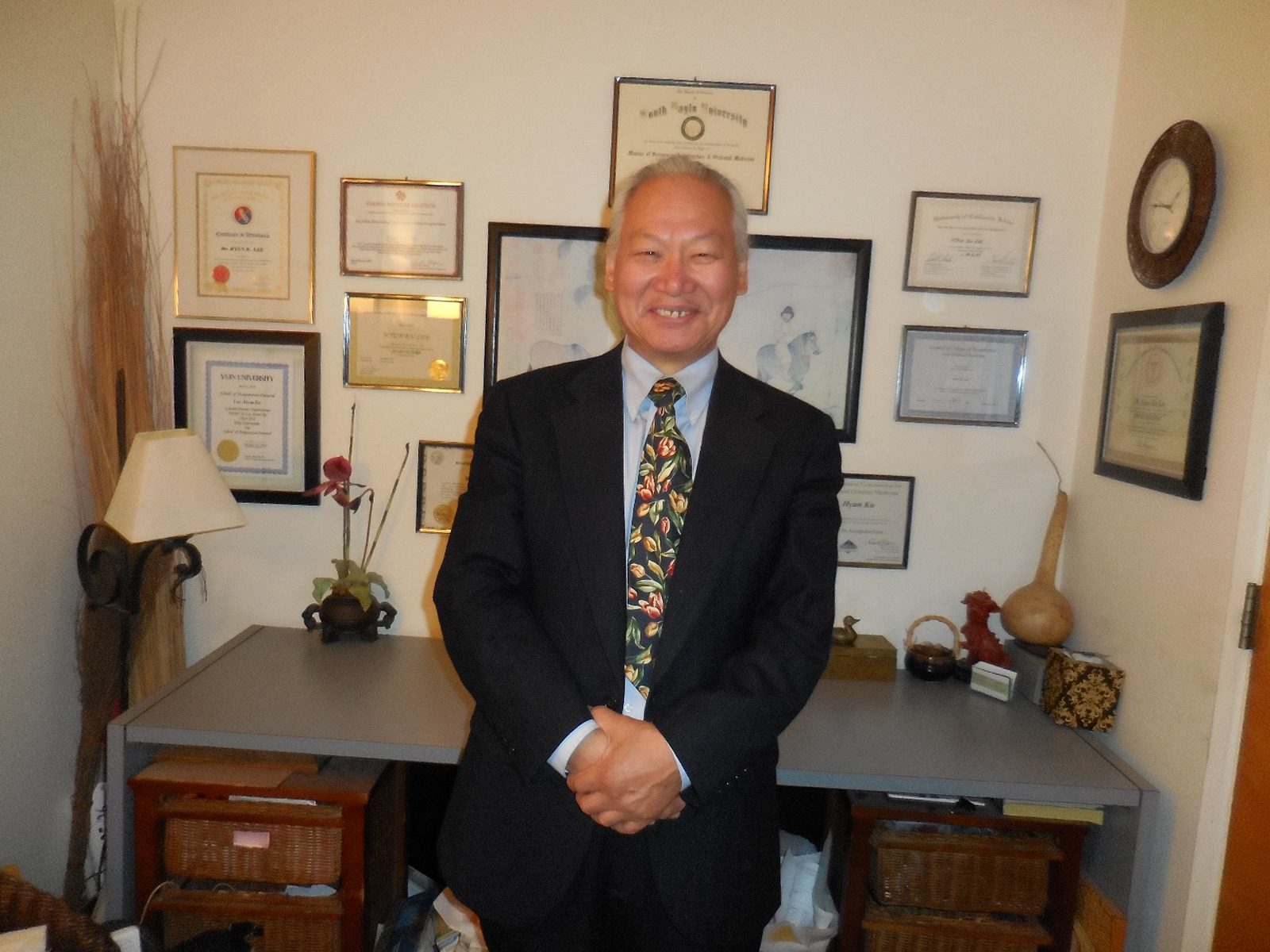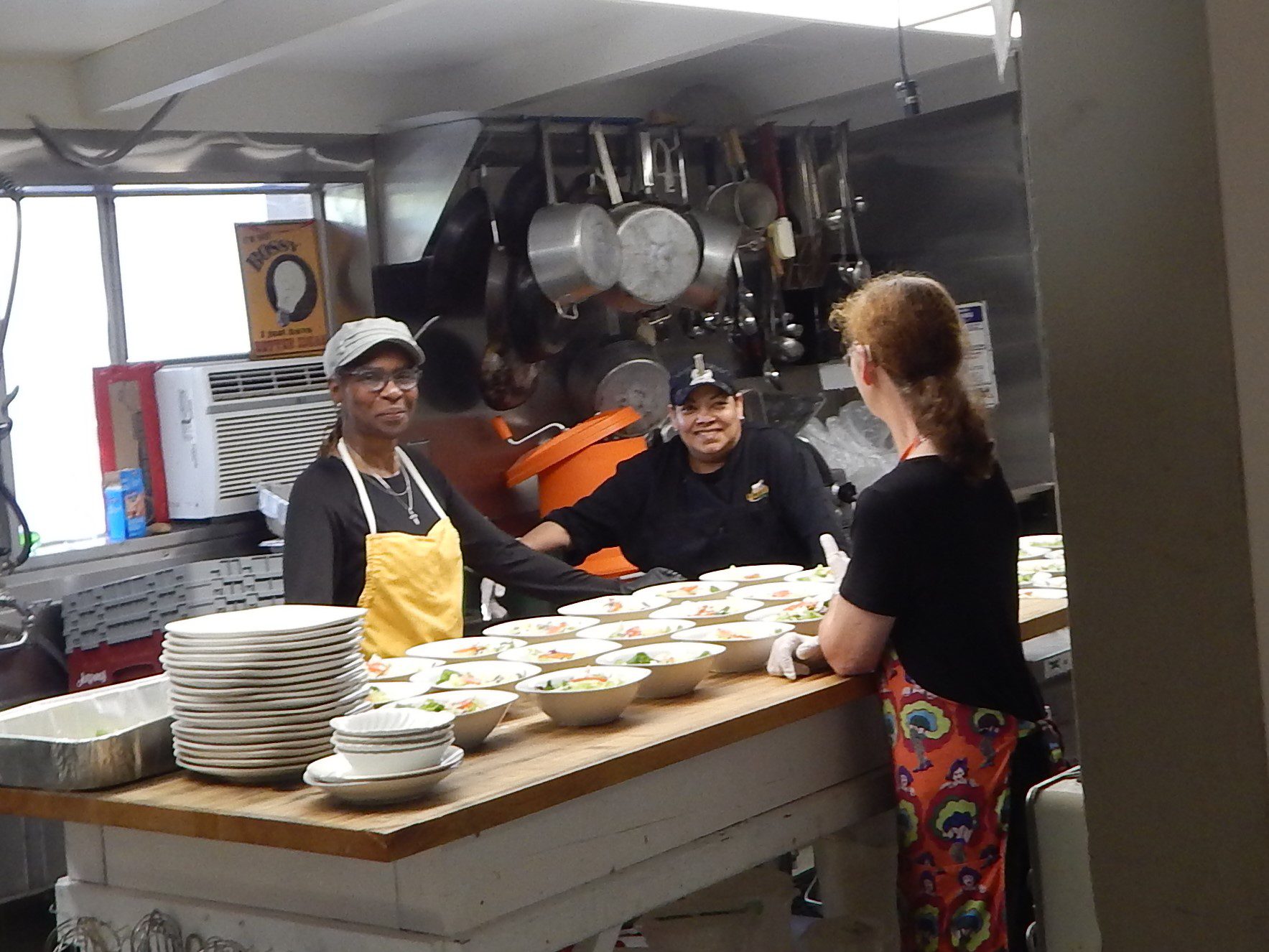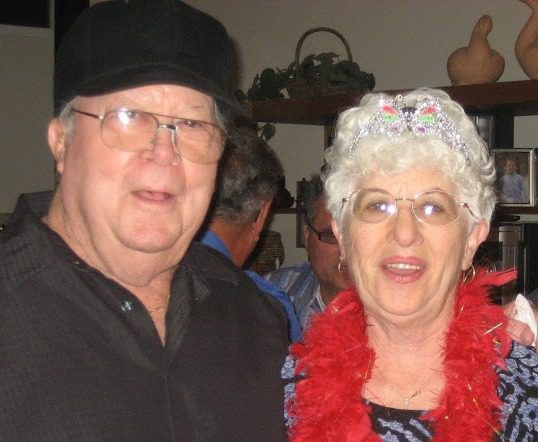GOOD MEDICINE
By Dr. Hyun K. Lee
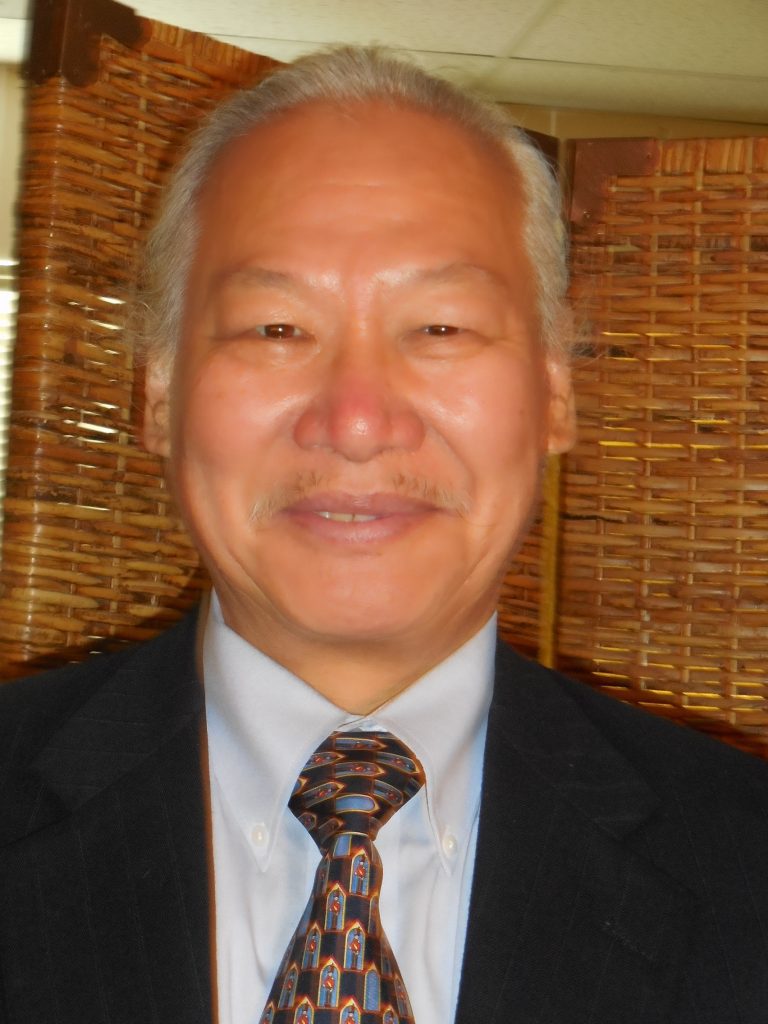
Some of the patients that come to my clinic suffer from emotional problems. While acupuncture and herbs work very well to balance emotional problems, you can do much for yourself on your own journey to emotional health and happiness.
Happiness, as simple as it sounds, is the most important thing one can do for one’s health. Not only does happiness improve our daily life, but it also cures diseases and brings about emotional balance and overall health. Health is both physical and emotional. Often times Western medicine segregates the two.
In Korean Traditional Medicine, disease is divided into three causes: external, internal, and genetic/unknown reason. External reasons would be things like accident, or bad weather (the extreme temperature changes ushering in disease). Internal reasons are emotional.
There are seven different emotions: excitement, anger, sorrow, pleasure, fear, contemplation, and worry/anxiety. It is the “up and down” of these emotions that cause imbalance. Too much or too little of any emotions causes disease, affecting a certain organ. Too much excitement or pleasure affects the heart; sorrow, the lungs; anger, the liver; fear, the kidney; too pensive, the spleen; and worry/anxiety, the stomach.
How you feel emotionally even influences others around you. Your family, friends, coworkers, and even random people you meet in a day are all affected. Bad moods are toxic not only to yourself, but to everyone around you. It acts as a virus of sorts, passing on from one person to the next, only to be broken by someone making a positive difference in that person’s day. People can actually be either a living “virus” or “cure”.
It is important to understand that happiness is a direct result of how we think. Our viewpoint and mind frame determines every experience that we have.
There is a story I’d like to share that illustrates this point. There were two Korean High Buddhist priests, Won Hou and Hui Sang, who were traveling abroad in China to study Buddhism. One night, during their journey, they happened upon a cave with which to sleep in for the night. Later on, they became thirsty and went searching around the cave for water. A bowl of water was found and they drank from it. They remarked to each other how cool, refreshing, and delicious the water was before returning to sleep. In the morning, the two went back to look for the water once again in the daylight. When they found it, they were repulsed. The vessel from which they drank was a skull. They began retching and vomiting. As they continued on their way, Won Hou began to wonder why the water was so delicious the night before, and had suddenly become so vile in the morning. The water was the same and had not changed throughout the night, so what happened? He then realized that the only thing that changed was his viewpoint — the way he thought determined his experience. Won Hou was so taken with this new idea, he went back to town, gave up his studies, and began studying how his own mind worked in relation to this theory. He wrote many books and eventually became a teacher, teaching his students about his findings.
We will always find ourselves in bad situations throughout life, but if you succumb to the virtual “forest” of negativity, then there’s no way out of the situation. If you stay above the situation, you can see the pathway out.
Happiness means that the seven emotions are in a balanced state. There is one method that you can use to help control and maintain your emotions when they’re getting out of control. Most people have one happiest moment in their life. (If you cannot think of one, invent one.) Choose your happiest moment. Use your five senses to return to that moment and really feel that you’re there again. Take a snapshot of this moment and frame it. This is your new “Mind Frame.” Give this framed picture a simple name, one that you can say anytime to call the frame to mind. When you begin to feel emotionally imbalanced, whether you become sad or angry, call on that name and allow the picture to come to mind and let it balance you.
Make yourself a goal to practice this technique many times over the period of 100 days and you will see results. This is usually the amount of time it takes for you to retrain your brain.
Remember, happiness is not a gift. It is created yourself through practice and perseverance. We’ve all heard the axiom, “Money doesn’t grow on trees,” and in this case, neither does happiness. You have to work to achieve both.
Dr. Lee’s office is located at 175 McMurray Road, Suite G, Buellton. Dr. Lee also has an office in Los Angeles. To make an appointment in the Buellton office, call 805-693-5162.


